Financial and Estate Planning for Women
Ladies, in today’s world we are exposed to all kinds of sound bites, headlines and political propaganda….. “the war on women,” “wage inequality,” and other such catch phrases designed to incite feelings of helplessness, fear, betrayal and injustice.
What can you, as an individual woman, do about it? Instead of trying to figure out this Rubik’s Cube of global and national women’s issues, how about taking a look at your own personal situation first?
How educated are you on finances and estate planning? As women, we are most profoundly affected by financial and estate planning, or in most cases, the lack thereof. This article will identify the leading causes for financial strain and lack of planning among women, and how you can take control of your financial and estate well-being.
Let’s begin by looking at the facts.
- Women control 75% of the financial wealth in the United States.
- Only 35% of women who are offered retirement guidance through their employer take advantage of it.
- 77% of women are comfortable discussing medical issues with a doctor, but only 47% of women are comfortable discussing money and investing with a financial professional.
- 84% of custodial parents are women.
- The average age of widowhood in the US is 55 years old.
- Women are three times as likely as men to be widowed.
- 40% of surviving widows fall below the poverty line within a year of their husbands’ deaths.
- Less than 1% of a widow’s income come from employment.
So those are the facts, but what do they mean? Regardless of age, women need to play an active role in their own financial and estate planning, as well as that of their families.
Understanding your assets, debts and expenditures is step one. On average, women tend to live 5 to 7 years longer than men. Couple that with the fact that women tend to marry older men, and it’s no wonder that women are the ones left alone and in control of how the family’s assets will ultimately be distributed. With this control comes great responsibility.
It is important for women to assume an active role in managing their finances. There is a common misconception that you must have a certain net-worth before you should start making plans. This could not be further from the truth. It’s difficult to implement a plan if you do not understand where you are starting and where you want to finish.
- Make a list of your assets (real estate, vehicles, bank accounts, investment accounts, life insurance, 401K accounts, retirement accounts, and any other valuable assets and/or collectibles).
- Make a list of your debts (mortgages, car loans, student loans, credit card debt, personal loans, tax loans, etc.).
- Make a list of where your money goes each month – be sure to include all expenditures, including going out to eat, movies, gas, Starbucks, etc.
Going through this exercise is an eye-opener for many people. When you detail on paper how much money you are spending and where its being spent, it becomes much easier to identify areas in which you can cut spending and add to your overall savings and investible assets. Finding these “pockets” of money is critical for women, as we tend to have fewer assets in general than men. There are many reasons for this disparity between men and women, but typically it is due to the fact that women generally earn less money (per hour) than men, spend less time in the work-force (due to caring for children and/or ailing spouses and parents), and are generally more uncomfortable or uncertain about how money works and how to save and invest.
Make sure you understand how your assets are managed today so that you can plan for how they will be managed in the future for your own benefit and for the benefit of your loved ones.
Protecting your assets is step two. It is vitally important for women to seek the advice of professionals when it comes financial and estate planning. Learn to overcome your fear of speaking about personal matters with such professional advisors. The sooner you plan, the better off you will be in your later years.
Make sure your plan includes adequate life insurance coverage for both you and your spouse, to help support your needs after the first death and to support your surviving beneficiaries at the second of your deaths. Life insurance can be used to pay final debts and expenses, taxes (income taxes as well as estate and inheritance tax), as well as to continue the life styles of your surviving beneficiaries.
If you have recently married, divorced or have been widowed, have you updated your beneficiary designations on your life insurance and retirement accounts? Remember that the current designations on those accounts control the distribution of those assets – even if you have updated your Will.
If you are a recent widow, have you met with an attorney to discuss electing portability of your deceased husband’s unused federal estate tax exemption? Currently, (in 2018) every individual can exempt almost $11.2 million in assets from federal estate/gift taxes (during life or at death). The unused exemption of a deceased spouse can be passed to a surviving spouse, but only by making an election and filing an estate tax return in a timely manner (within 9 months from date of death), regardless of whether any taxes are due.
Finally, protecting your wealth and your health is step three. Once you build the wealth, make sure you are taking steps to protect it!
A Last Will and Testament is a document that directs the distribution of your financial and physical assets to whom you wish and in what manner. Dying without a Will is known as dying “intestate”. Without a Will, your assets will be distributed according to your state’s intestate succession laws. This is true even if you are married. These laws vary from state to state, so be sure you understand the intestate laws of your state. Another very important reason to have a Will is if you have young children. Your Will is the document that is legally recognized by courts, in which you name guardianship for your minor children. If you do not create a Will and name a guardian for your young children, a judge will name one for you. This can lead to turmoil between families and can potentially land your child in foster care until guardianship can be worked out.
A Revocable Living Trust is a document that can be used to avoid probate upon your death. This type of Trust is often designed to work with your Will, but unlike Wills, a Revocable Living Trust is a private document, not subject to probate and court jurisdiction. The terms of the trust, the assets owned by the trust, and to whom and how those assets are distributed all remain private. By having this Trust in place and retitling your assets into the name of the trust during your lifetime, your estate can avoid the probate process, thereby saving your surviving beneficiaries time and money. Properly drafted Trusts are also a great way to protect your assets for future generations, keeping those assets in your bloodline to benefit your family.
Many individuals may believe they do not need a Will or a Trust. Perhaps they are young and are just starting to accumulate assets, or maybe older with modest wealth. If either is true, there are still reasons to plan today. What are you doing to protect your rights with regard to controlling your healthcare? What would happen if you were to have a health-related event that left you incapable of managing your finances or unable to make your own healthcare decisions? Who would care for you and would that person truly know your wishes?
A Financial Durable Power of Attorney gives you the ability to name someone as your “attorney-in-fact” or “agent.” Your agent will have the ability to manage your finances, pay bills, buy and/or sell assets, vote stock, file your tax returns, pay your taxes, etc.
A Medical Power of Attorney (also referred to as a Healthcare Surrogate Designation), is a document in which you name someone to make your medical decisions for you when you are unable to do so for yourself. This document would be used in a situation when you cannot speak or otherwise communicate for yourself. With this power, your agent can make decisions such as consenting to treatment or moving you to a different facility for more specialized care.
A Living Will Declaration (also referred to as an Advance Directive) is the document that controls end-of-life decisions, such as the administration of or the withdrawal of artificial nutrition, hydration and respiration. In this document you declare your wishes regarding being allowed to die naturally without artificial intervention, or otherwise.
The HIPAA Authorization is the federal document in which you authorize individuals (including the agent under your Medical Power of Attorney) to have access to your private medical information. Such information may include current and past medical and psychiatric conditions, treatment options, and empowers the individuals named the ability to speak freely with your physicians and medical care providers.
If you have a health event without these documents in place, someone will have to petition the court to be appointed as your legal guardian, giving them the power to handle your finances and healthcare. I don’t know about you, but personally, I know who I would and who I would not want taking care of me. Unfortunately, a judge does not know your wishes and it will be a judge that will appoint a guardian for you if you do not have these documents in place.
Once you have completed your plan, you may want to consider sharing your wishes with your family and loved ones. Its also a good idea to review your plan with your financial and legal professionals at least every couple of years.
As women, it’s critical that we take an active role in managing our finances, planning for our financial future, protecting our assets during our lifetimes, maintaining control of our healthcare decisions, and having a clear plan for the management and distribution of those assets in the future.
Plan for tomorrow today!
Sources:
2015 Fidelity Investments Money FIT Women Study
US Census Bureau
https://medicine.jrank.org/pages/1843/Widowhood-Economic-Issues-Economic-effects-widowhood.html”>Widowhood: Economic Issues – Economic Effects Of Widowhood


